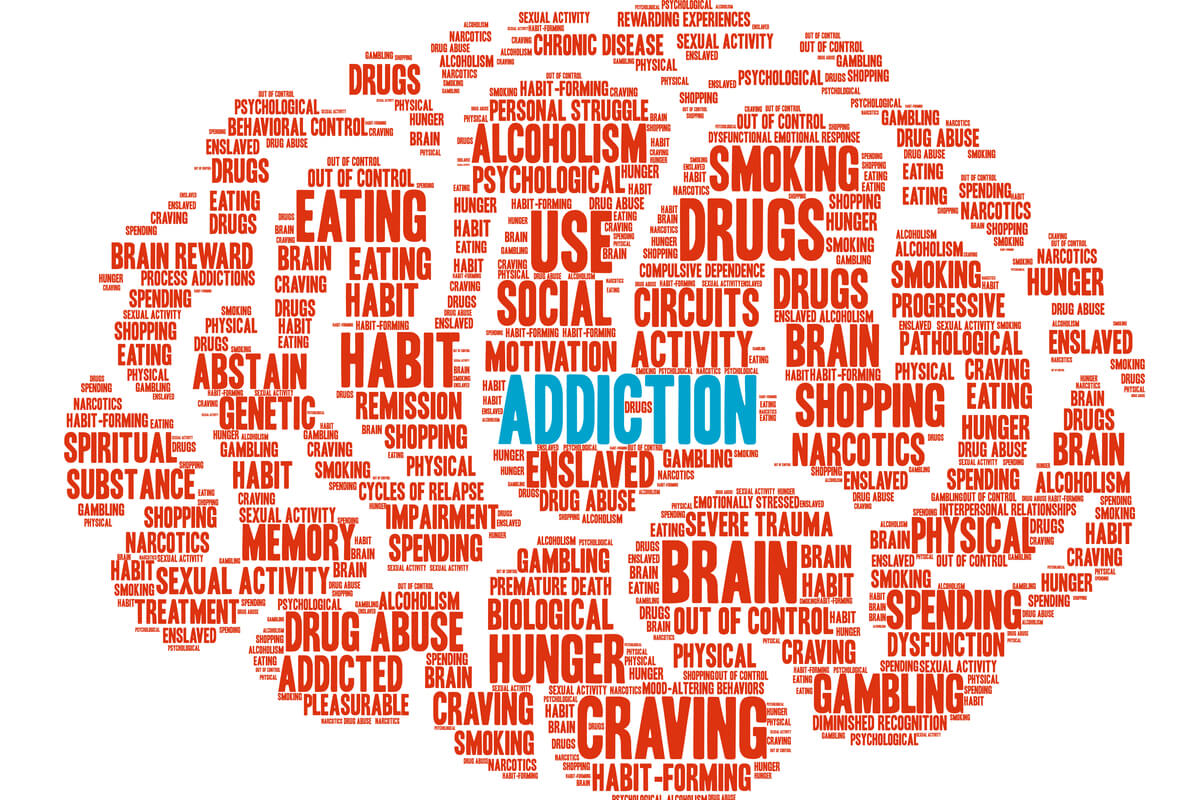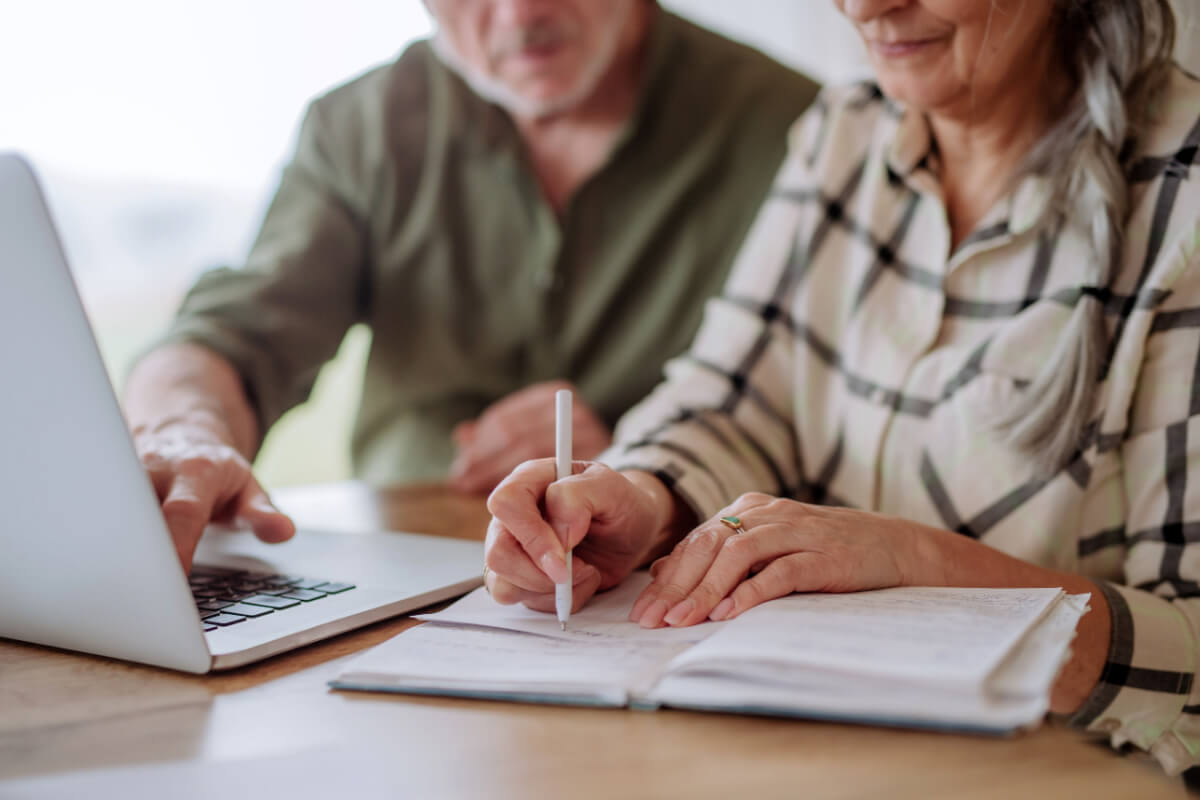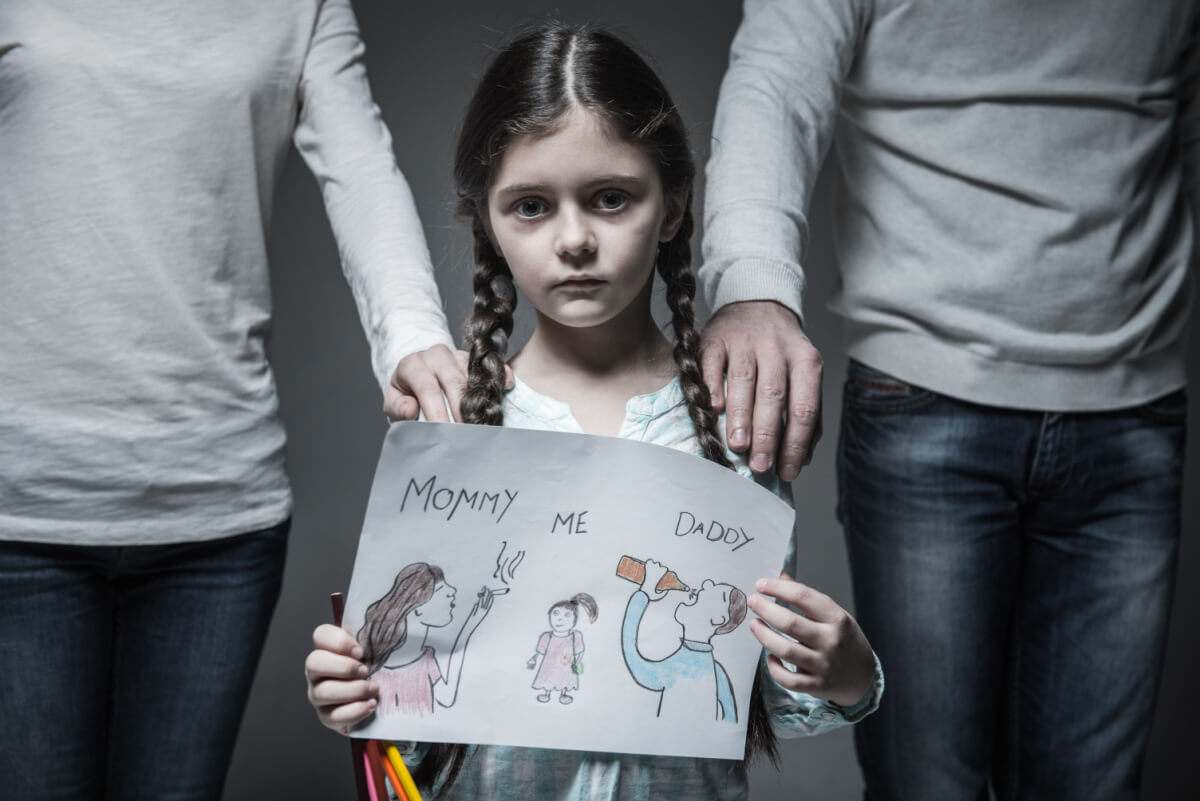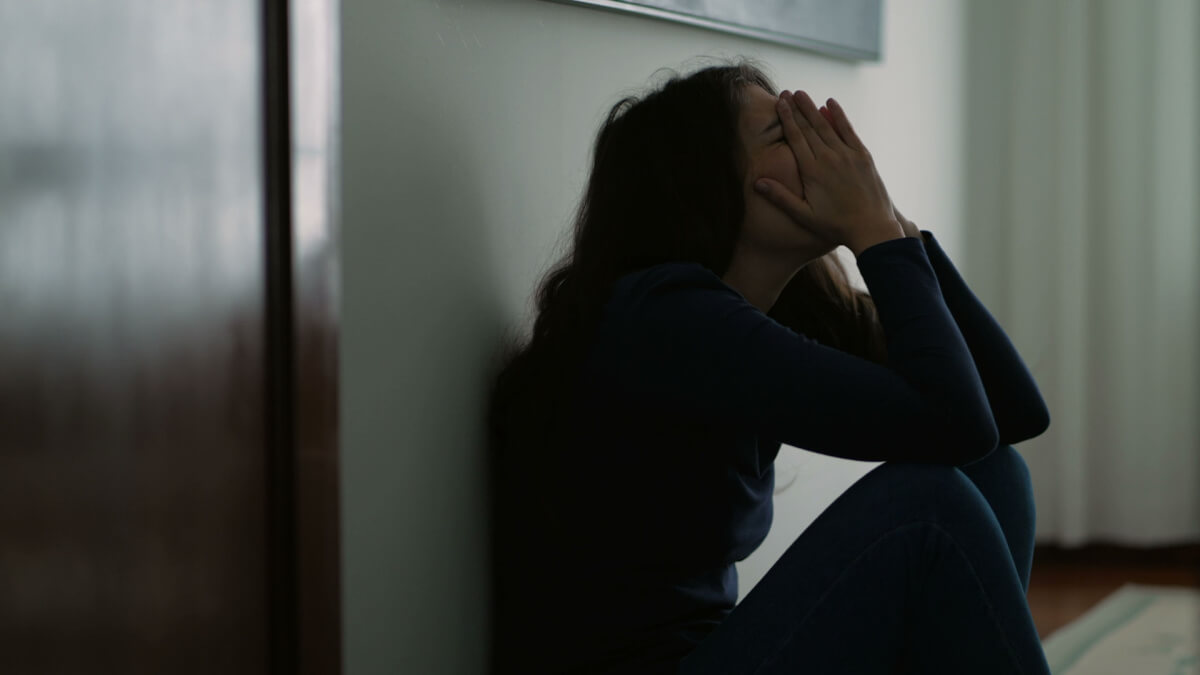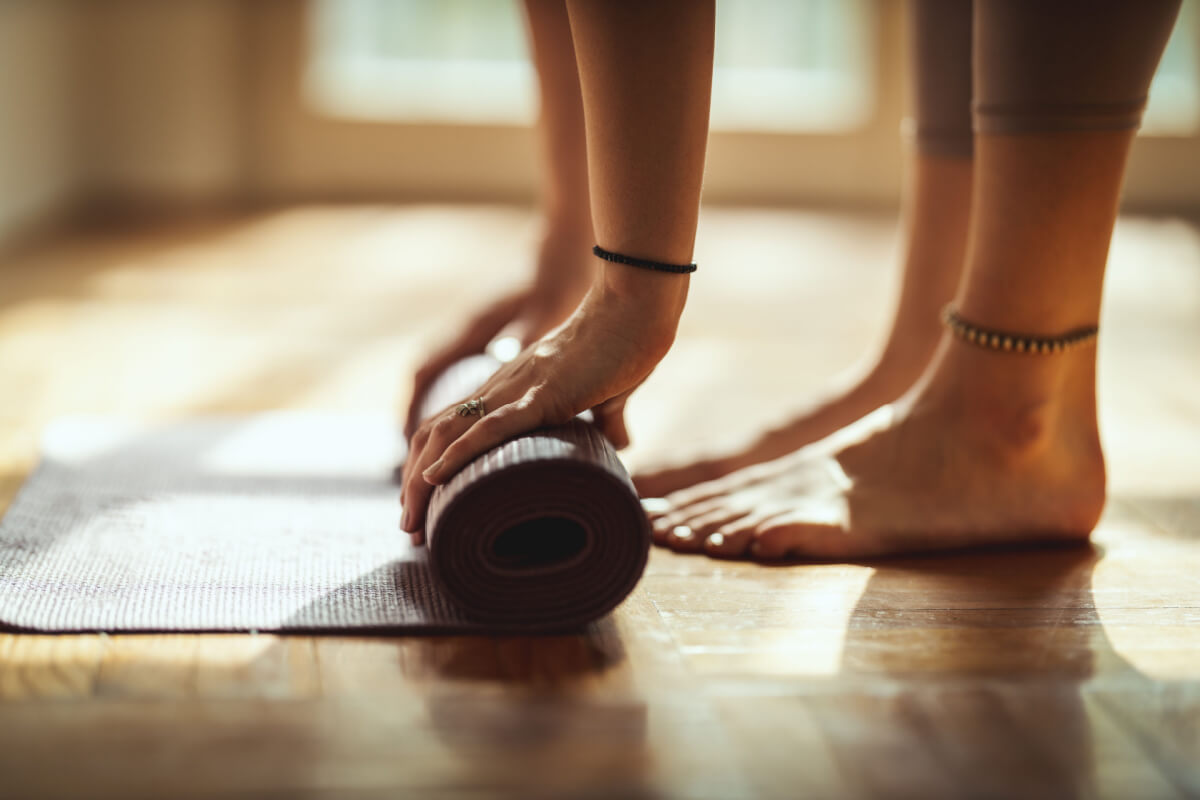
A trigger in addiction recovery is a stimulus, either external or internal, that causes you to want to use drugs or alcohol again.
Addiction is a chronic condition with relapse rates similar to those of other chronic diseases at around 40% to 60%.[1] Triggers are often to blame for relapse as they can induce cravings and a strong desire to use drugs again.
Understanding what your triggers are and coming up with methods of managing them can help to minimize relapse and sustain recovery.
Examples of Triggers in Addiction Recovery
In addiction recovery, triggers often involve contact with drugs. This can mean physically being around the drug or people using drugs, or contact with people, places, or things that remind you of drug use.
These are additional examples of triggers:
- Stress: Everyone experiences stress. For someone in addiction recovery, drugs were used often as a coping mechanism in the past, which can then mean that stress can be a trigger for a return to drug use.
- Social isolation: Boredom and too much time alone can mean too much time in your head, which can become a trigger to use drugs as an escape.
- Relationship struggles: Issues in relationships can cause a high level of distress. They can leave you feeling unsupported in recovery, and this can lead to relapse.
- Major life transitions: Divorce, moving, a new job, or any big change in life can add extra stress and be a trigger for relapse.
- Medical or mental health issues: Physical and emotional distress and pain can be triggers for a return to drug use. Drugs have previously provided a temporary relief from these concerns, so it can be tempting to return to that safe place again.
How to Identify Your Triggers
Everyone experiences triggers in their everyday life. They are bound to happen. What is important is knowing what they are for you specifically, as they can be different from person to person.
To identify your personal triggers, you should analyze the things that will elicit an emotional response for you — things that make you want to return to using drugs to manage this response.
Your therapist or counselor can work with you to help identify things that are going to cause this intense kind of reaction. Recognition is the first step to successfully managing triggers.[2]
How to Handle Triggers in Addiction Recovery
After you identify what your triggers are, you can work through methods of handling them successfully while minimizing the odds of a relapse.
It can help to find ways to lower stress levels and make lifestyle changes that support healthy habits. Find things that make you happy. Participating in healthy activities that bring you joy can help you to manage triggers and resist drug use.[3]
Balancing yourself emotionally and learning how to keep your focus on recovery can help to avoid a relapse. You will often learn skills for coping with triggers and tools for managing them in behavioral therapy sessions.
It is helpful to use your support system when you are feeling triggered. Medications such as Suboxone that lessen cravings and difficult withdrawal symptoms can also help to lower your relapse risk.
Ways of Coping With Triggers
While you can take efforts to minimize your interaction with triggers, they can’t always be wholly avoided. Try these methods to cope when you encounter triggers:
- Breathing techniques
- Mindfulness practices
- Talking to a friend, family member, or support group member
- Exercising
- Ensuring you get enough sleep
- Eating a healthy and balanced meal
- Attending a peer support group or 12-step group meeting
- Spa or massage treatments
- Creative outlets, such as writing, painting, dancing, or music
It is also helpful to remove yourself from what is triggering you when possible. For example, if you are in a situation where you are feeling triggered due to environmental factors, leave if you can. Avoid going to events, places, or seeing people that tend to trigger you.
Like most things in recovery, you will get better at coping with triggers over time. The more you work either personally or with a professional behaviorist, the more easily you will be able to identify your triggers for drug use and come up with coping strategies to prevent those triggers from interfering with your recovery.

Medically Reviewed By Elena Hill, MD, MPH
Elena Hill, MD; MPH received her MD and Masters of Public Health degrees at Tufts Medical School and completed her family medicine residency at Boston Medical Center. She is currently an attending physician at Bronxcare Health Systems in the Bronx, NY where ... Read More
- Treatment and Recovery. National Institute on Drug Abuse. https://nida.nih.gov/publications/drugs-brains-behavior-science-addiction/treatment-recovery. July 2020. Accessed September 2022.
- Five Steps for Managing Your Emotional Triggers. Psychology Today. https://www.psychologytoday.com/us/blog/wander-woman/201507/5-steps-managing-your-emotional-triggers. July 2015. Accessed September 2022.
- Tips for Dealing With Triggers in Recovery From Substance Use Disorders. Psych Central. https://psychcentral.com/addictions/5-tips-for-managing-triggers-during-addiction-recovery#coping. November 2021. Accessed September 2022.
Download Our Free Program Guide
Learn about our program, its effectiveness and what to expect
Related articles
Imagine what’s possible on the other side of opioid use disorder.
Our science-backed approach boasts 95% of patients reporting no withdrawal symptoms at 7 days. We can help you achieve easier days and a happier future.

